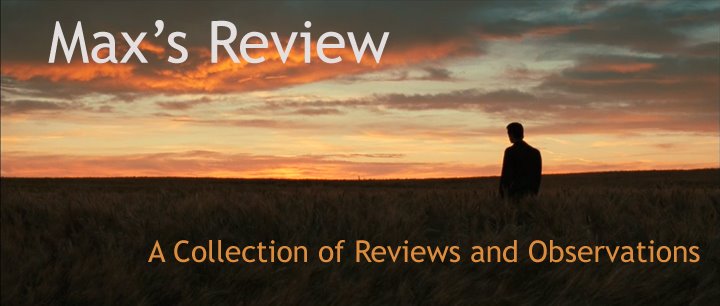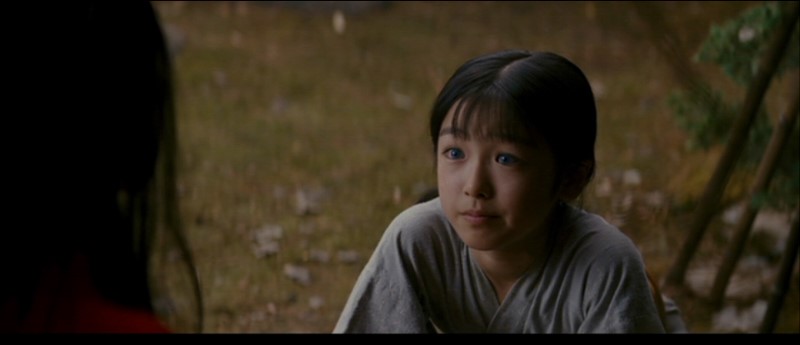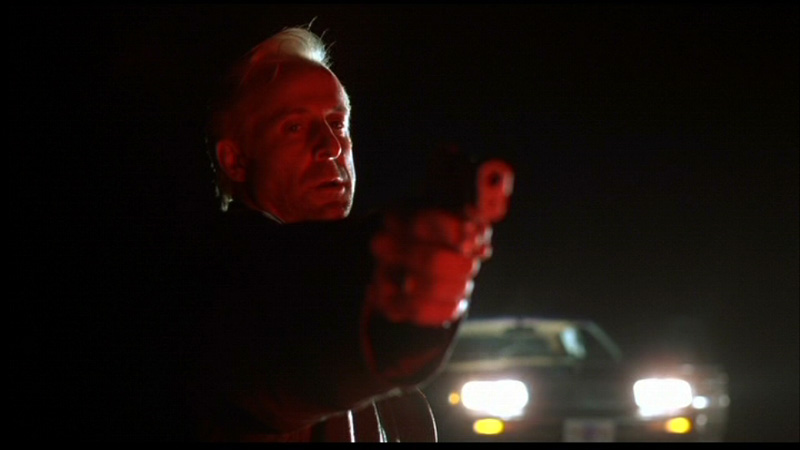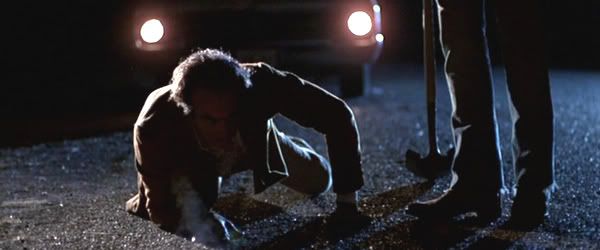Blowup (1966) - 8/10
Directed by Michelangelo Antonioni
Cinematography by Carlo di Palma
Starring David Hemmings as Thomas
Blowup follows a day in the life of a photographer, Thomas, who spends most of his time strutting around his beautiful studio harassing his models and assistants. Thomas seems to be obsessed with the visual aspects of everything he sees around him. If he sees something interesting, say an antiques store or a night club, he goes off of his usual routine and explores them.
The movie, like the main character, is almost plotless and borders on rambling until Thomas blows-up one of his images and sees what he thinks may be a body. Even as he slowly sorts this mystery out throughout the course of the day, he lets other visual aspects and events distract him. Our protagonist, who could very well have ADHD, receives our empathy as we all get distracted in our lives, but he's also hard to get into considering he's pretty rude and abuses women. The film itself, much like Thomas, is off-putting and boring yet enthralling at the same time.
Antonioni, who my friend tells me was a photographer, provides beautiful compositions. He seems to focus on the importance of intra-frame lines, which are especially prominent in Thomas's studio. Our protagonist uses the various lines to create fascinating compositions with his models, yet he also has to avoid running into the studio's oddly placed beams. These lines also emphasize the nature of art and visuals as purely subjective entities that only have relevance in certain situations.
For example, a famous guitarist at a nightclub throws his broken guitar-head - a type of line - into the crowd, who almost kills Thomas when he's lucky enough to catch it. Once he escapes into the streets, he throws it on the sidewalk, where the shattered guitar-head loses all importance outside of the nightclub. Thus visuals, like the lines that Thomas interacts with in almost every frame, create meaning and restrict his actions on a daily basis.

















